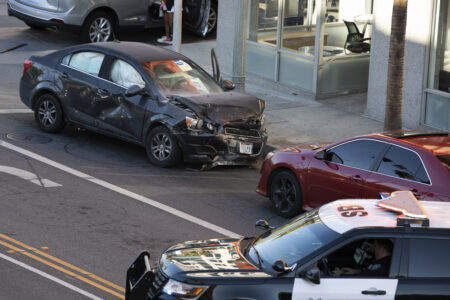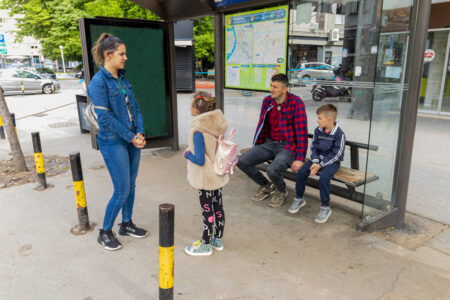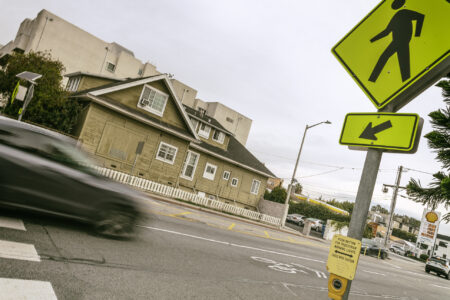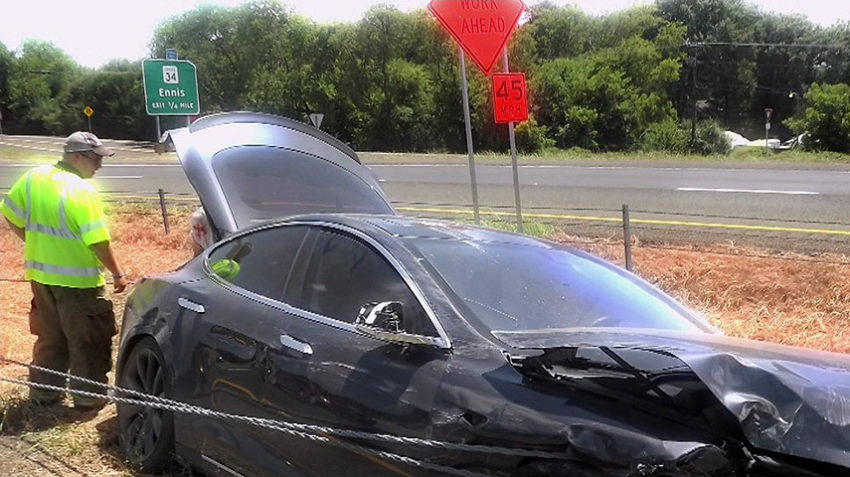
Share On Social!
The Texas Department of Transportation (TxDOT) wants your input to shape transportation planning and spending across the state for the next 10 years, in what is known as the Unified Transportation Program (UTP).
The UTP will guide construction, development, and related activities for 13,000 projects.
However, the program prioritizes congestion relief over safety, connectivity, and economic development, says nonprofit Farm & City.
You can speak up for transportation that prioritizes Texans’ wellbeing!
Copy one of the model public comments drafted by our Salud America! research team, click the “submit” button, and paste the comment on txdot.gov’s comments website by Aug. 20, 2018. Be sure to click “No” in the required field asking if this is a complaint.
Model Public Comment: Safety for All Modes
Please prioritize safe and sustainable multimodal options.
Ten people die on our roads every day and 50 people suffer incapacitating injuries. Every year, we pay $38 billion for traffic crashes, which is twice as much as we pay for congestion relief.
The engineering profession has a moral obligation to prioritize safety above congestion.
Model Public Comment: Safety for Pedestrians
Latinos make up 21.5% of pedestrian deaths, but only 16.9% of the population.
A 70-year-old has a 70% chance of being killed if struck by a car going 40 mph. All city streets where cars and pedestrian interact should be designed for safe speeds.
Traffic deaths and serious injuries are not inevitable.
Please prioritize safety for pedestrians.
Model Public Comment: Transit in Metro Areas
Please prioritize expansion of transit access across Texas and include direct transit funding for our large metro areas.
Mass transit is as much about economic development as it is about moving people. Multi-modal options have the potential to save lives and money while stimulating economic development and ensuring access to opportunity.
Model Comment: Multimodal
Safety, connectivity and economic development should take the front seat over congestion relief.
The UTP should link to performance-based measures in the Texas Transportation Plan 2040 to deliver multimodal transportation options.
Please prioritize safe and sustainable multimodal options.
Comment Now!
Model Public Comment: Public Health
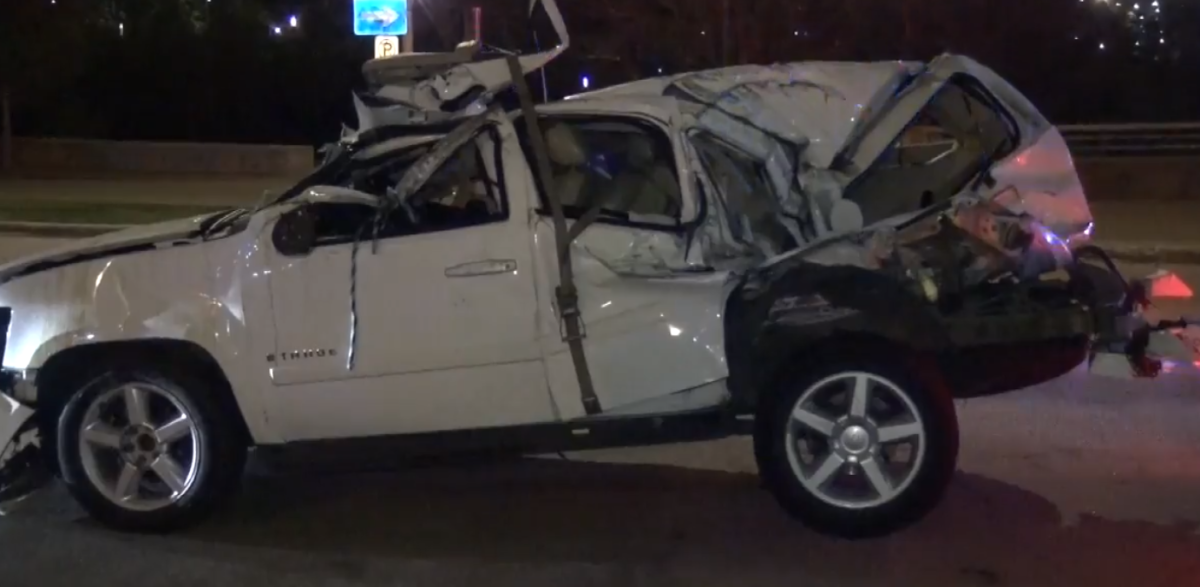
Our roads could be our path to good health and well-being, but in Texas, our roads kill 10 people every day while polluting the air we breathe and isolating disadvantaged populations from opportunity. Safe streets to walk, bike and take transit are good for mental and physical health.
Please consider health in transportation planning and spending.
Model Comment: Latino Health
Latinos often face unsafe streets and big transportation hurdles that make it hard, costly, and even deadly to access basic and health needs. They end up suffering higher rates of disease, diabetes, depression, pedestrian injuries and deaths, and more.
Please consider Latino health in transportation planning and spending.
Model Comment: Environment
Please consider our environment in transportation planning and spending.
Providing safe, multimodal transportation options can reduce vehicle miles traveled, greenhouse gas emissions, the need for impervious surfaces, and the urban heat island effect.
Model Public Comment: Cost-effective
When lost quality of life is factored in, traffic crashes actually cost Texans $162 billion annually, far more than $14 billion for congestion.
Developing a safe and balanced transportation system─transit, pedestrian, bicycling facilities, and motor vehicle lanes─is more efficient and cost-effective than spending for roads for motor vehicles only.
Why This is Important
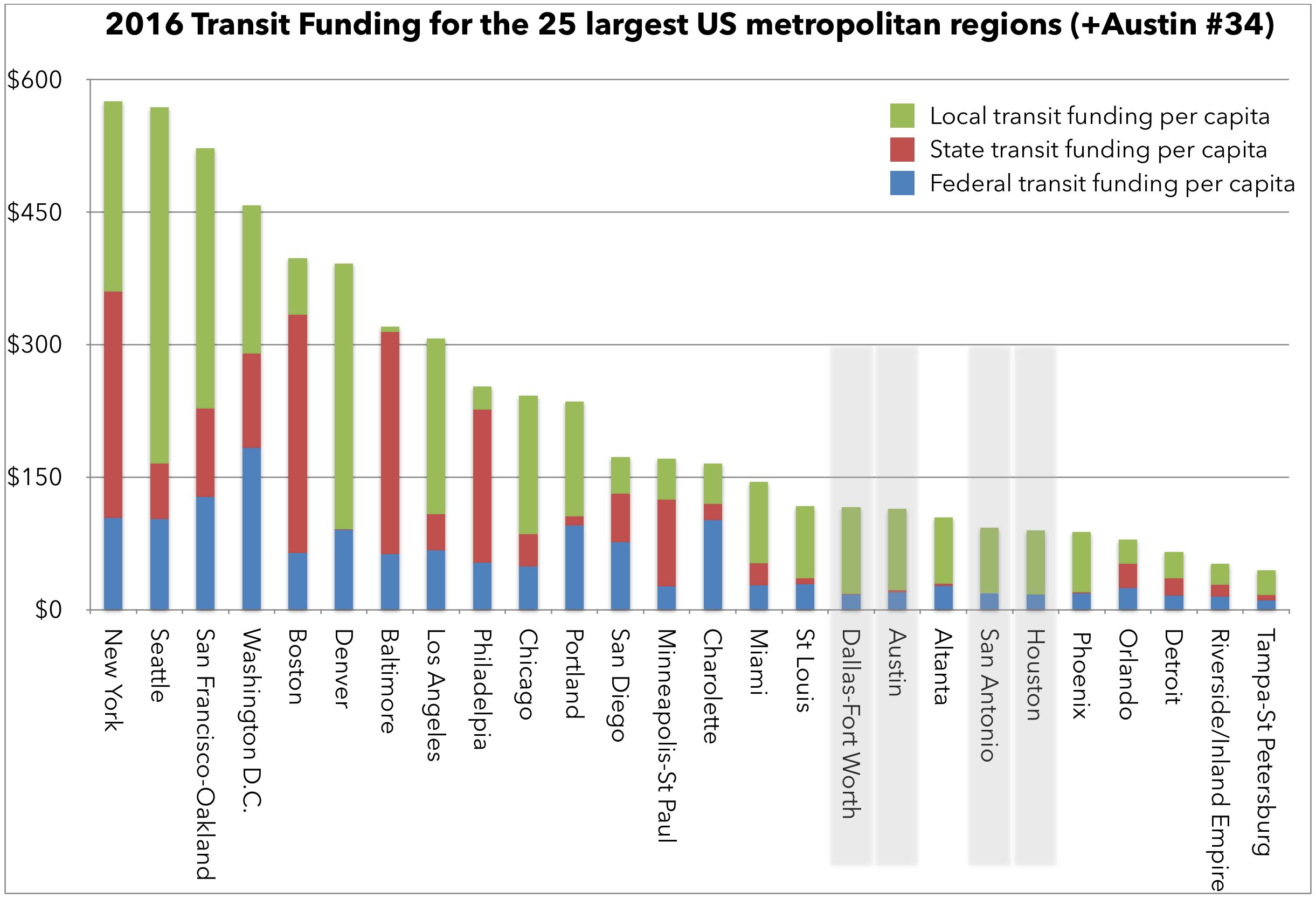
Road traffic deaths are the number one cause of death for Texans ages 15 to 44.
Every day, 10 people die on Texas roads, 50 people suffer incapacitating injuries—loss of limb, brain damage or other life-changing trauma—and 4,000 other people are involved in non-fatal traffic crashes, says nonprofit Farm & City.
Death and serious injury from traffic crashes are not inevitable.
When lost quality of life is factored in, traffic crashes actually cost Texans $162 billion annually, far more than the $14 billion for congestion.
Additionally, Texas falls far behind other states when it comes to funding transit. Among the 25 largest US metropolitan regions, transit funding per capita is lowest Texas cities.
Learn More
Transportation changes are happening all over the country.
Learn more about the connection between public health and transportation.
Check out these resources to inject health into transportation projects and policies.
One nonprofit in Texas, Farm&City, took a five-day field trip, driving 1,000 to spread the word about two of their major initiatives: Vision Zero Texas and One Thousand Texans for Transit.
Don’t forget to tell TxDOT what your transportation priorities are!
By The Numbers
27
percent
of Latinos rely on public transit (compared to 14% of whites).

